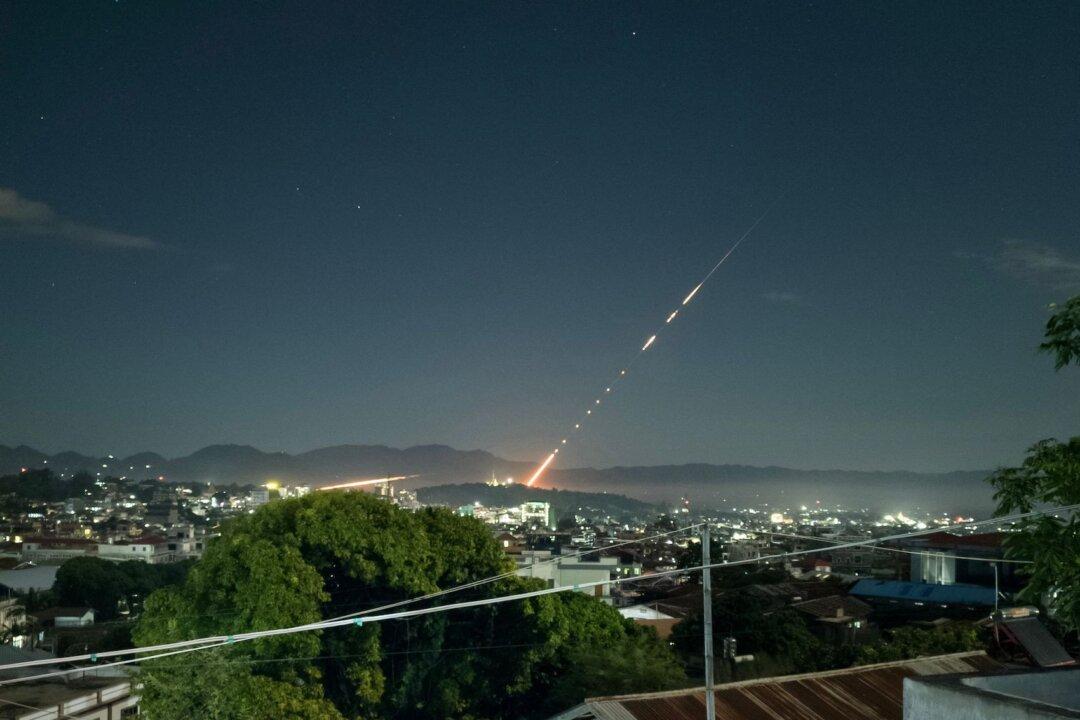Since the Three Brotherhood Alliance recently launched its offensive against the ruling junta in Burma (also known as Myanmar), more armed groups have joined the fight. Meanwhile, China is concerned about the ongoing conflict due to its significant infrastructure investments in Burma.
The Three Brotherhood Alliance—comprising the Burma National Democratic Alliance Army (MNDAA, also known as the Kokang Alliance Army), the Ta'ang National Liberation Army (TNLA) and the Arakan Army (AA)—said in its Oct. 27 action statement that it would unite all revolutionary organizations to overthrow the dictatorial rule of the Burma military junta and root out telecom fraudsters, including fraud centers and their protectors, both in the China-Burma border areas and nationwide.






